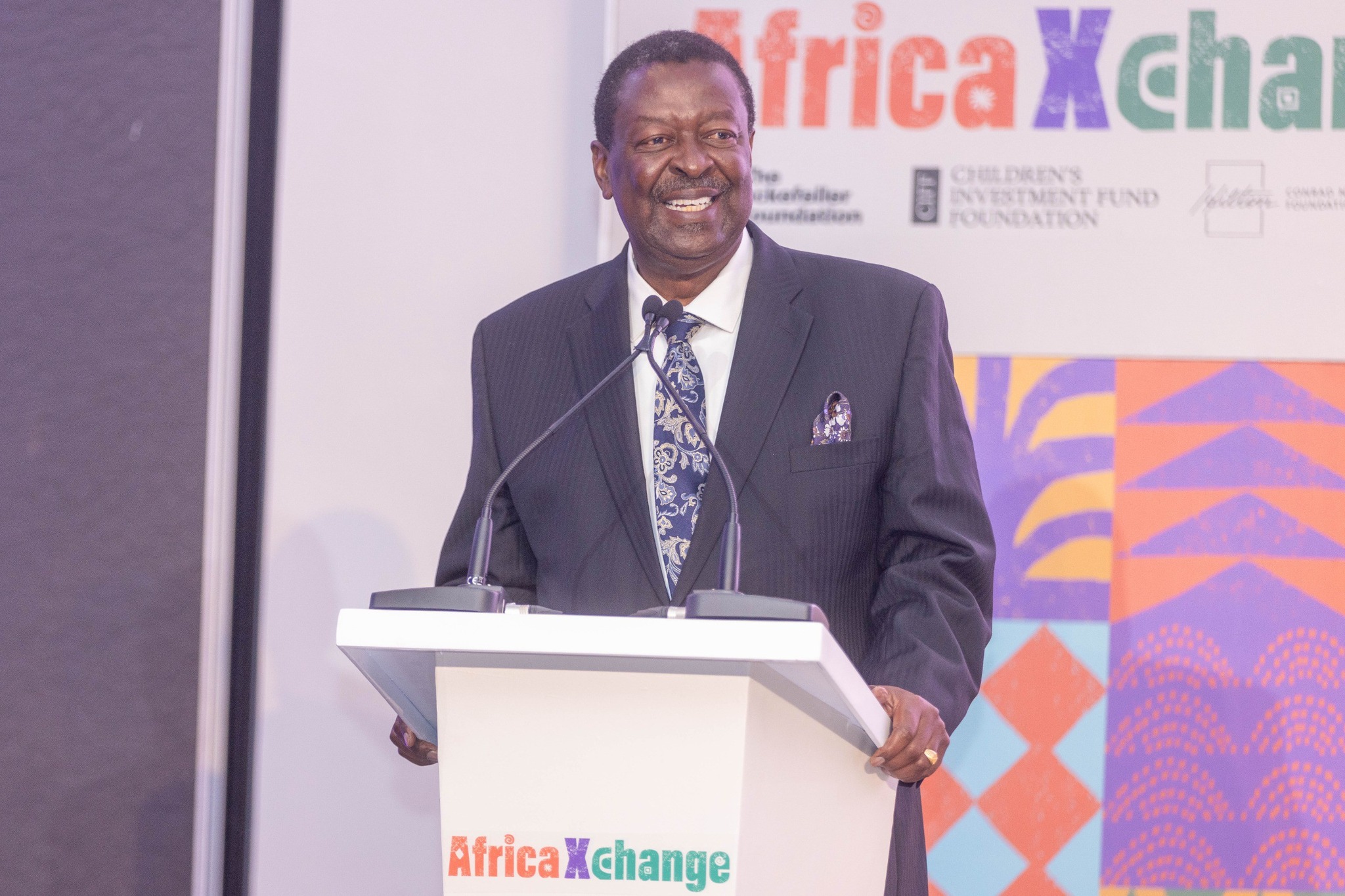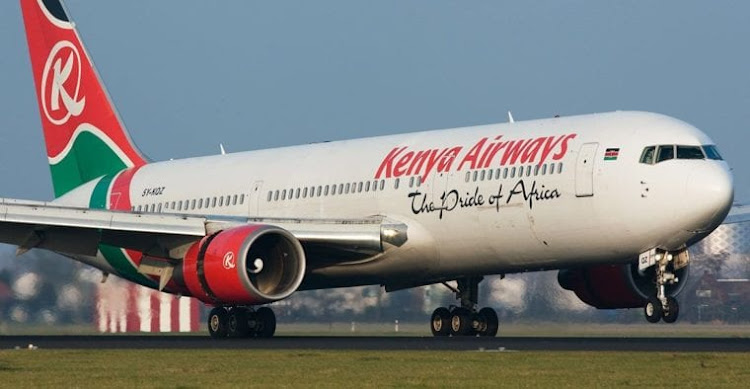Prime CS Mudavadi Urges Donors To Back Refugee Programs
By Marion Masiga
Prime Cabinet Secretary, Musalia Mudavadi, is calling upon the international donor community to fulfill their commitment to supporting Kenya’s refugee program, citing a shortage of funds as a major obstacle to enhancing the refugees’ quality of life.
Speaking at an event in Geneva to commemorate World Refugee Day, Mudavadi highlighted the delays in implementing the Shirika plan, aimed at transforming refugee camps into integrated settlements equipped with essential social amenities.
Referring to refugee camps such as Kakuma and Dadaab facing significant environmental challenges due to high population density, scarce resources, and inadequate infrastructure, the Prime CS emphasized the urgent need for comprehensive and strategic responses to ensure the well-being of both refugees and host communities.
Mudavadi urged developed nations to expand their horizons and increase options for resettlement while also outlining the steps Kenya has taken to improve the refugees’ living conditions, particularly in Kakuma and Dadaab. This includes elevating these areas to municipal status to enhance infrastructure and grant refugees access to government services.
He further highlighted the government’s commitment to developing and maintaining a refugee database for effective planning and promoting socio-economic inclusion, participation, and contributions by refugees.
During a special high-level dialogue on transitioning refugee camps into integrated settlements, hosted jointly by the Kenyan government and UNHCR, Mudavadi explained the comprehensive Shirika plan. This plan spans various sectors, surrounding education, water, sanitation, health, nutrition, livelihoods, social protection, environmental management, energy, agriculture, housing, land, and property, all supported by a robust legal framework for the refugees’ benefit.
Mudavadi revealed that Kenya’s efforts were hindered by insufficient funding, making it challenging to address refugee issues effectively. This financial shortfall not only endangers national security but also impedes refugee protection efforts.
Kenya has consistently provided refuge to those fleeing neighboring countries. As of the end of August, the country was hosting 644,011 refugees and asylum-seekers, with refugees constituting 83 percent and asylum-seekers 17 percent of this population.
Dadaab complex currently accommodates 364,401 people in 74,747 households, with ongoing efforts to register and verify individuals to better cater to their needs through the Department of Refugee Services (DRS).
Tags: Musalia Mudavadi World Refugee Day Unhcr Shirika Plan.


